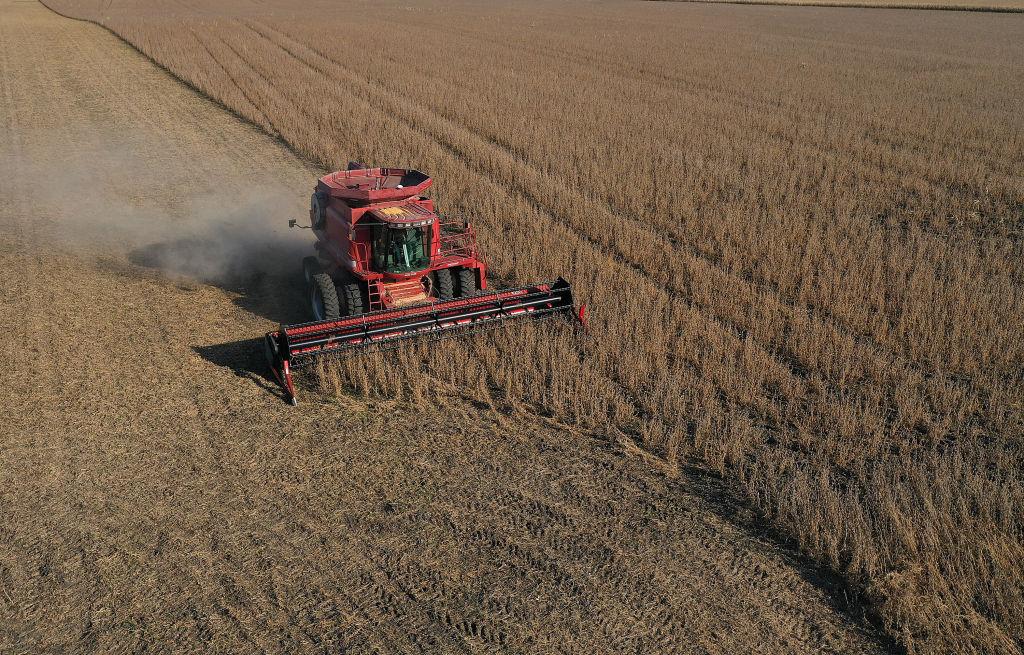A bill that strengthens U.S. national security through reviews on the risk of agricultural transactions passed the House Financial Services Committee on Sept. 20 with bipartisan support, ready for a floor vote in the House.
The bill, dubbed the “Agricultural Security Risk Review Act,” would give the U.S. secretary of agriculture a permanent seat on the federal national security review panel—the Committee on Foreign Investment in the United States (CFIUS)—for agricultural transactions, including purchases of farmland and agricultural biotechnology.



